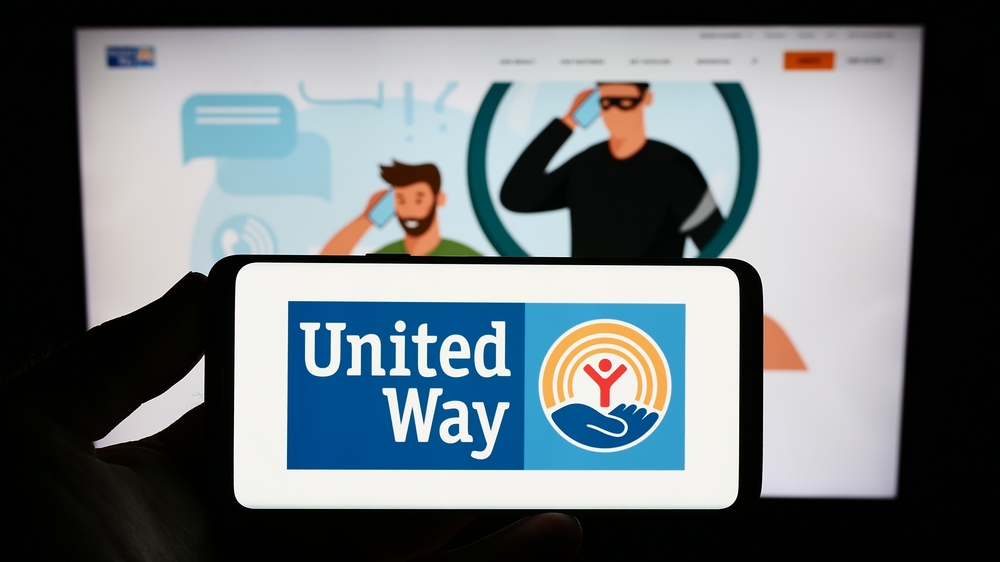
North Florida homeless service nonprofits could face funding shortfalls if no one steps forward to become the new Continuum of Care (CoC) lead agency.
United Way of North Central Florida has been the lead agency since 2018, but CEO Amber Miller said the nonprofit has chosen to refocus the organization, shifting away from homelessness services.
As the lead agency for the CoC, United Way has applied for and distributed millions in federal funding to several local nonprofits, including GRACE Marketplace, Peaceful Paths, Family Promise, Catholic Charities and Another Way.
Besides federal grants, the CoC also assists with Florida funding from the Department of Children and Families.
Shari Jones, executive director of Family Promise of Gainesville, said the nonprofit would lose funding for 14 permanent supportive housing units without the federal funds. She said Family Promise has already started to reduce its rapid rehousing services in anticipation of funding issues.
“Without our support and the support for those programs, a lot of families and individuals will probably find themselves back in the homeless system,” Jones said.
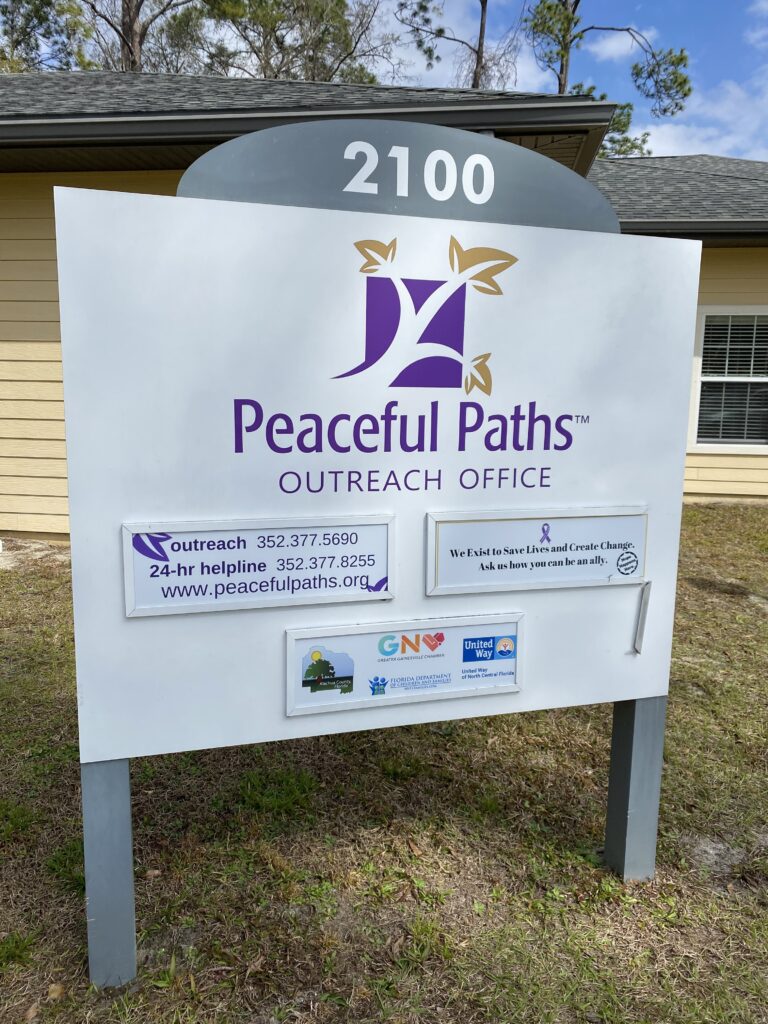
United Way and the CoC have already submitted the application for the 2024-2025 cycle. With that application, the federal money will continue through September 2025, but the CoC needs to apply for the 2025-2026 funds in the next six months or lose the opportunity.
Miller said United Way has worked to help find a new lead agency. The nonprofit announced in October that it would step away from the role—more than the 180-day notice required by contract.
Since then, United Way issued a request for proposals. Interested parties could fill out the forms to be considered as lead agency. According to the CoC website, the timeline anticipated picking and notifying the successful bidder by March 18.
Instead, no one applied to take on the responsibility.
Interaction between the CoC and lead agency
The CoC is a conglomerate of nonprofits that address homelessness in a specific area. The nonprofits qualify for a certain bucket of federal funds issued through the Department of Housing and Urban Development (HUD).
The department requires these nonprofits to form a CoC that submits a joint application on behalf of all the nonprofits. The joint submittal is created by the lead agency, and after the federal department decides how much to fund, it sends the money back through the lead agency.
The nonprofits in the CoC—which covers Alachua, Bradford, Gilchrist, Levy and Putnam counties—has a council with appointees of the nonprofits and local government representatives. This council then contracts with a lead agency who hires staff for the work.
As lead agency, United Way also manages the coordinated entry system, communicating between the nonprofits to ensure homeless persons are placed in the agency most appropriate. The lead agency runs the Homeless Management Information System as well, tracking all service providers, what they offer and who they’re serving.
Without United Way, the coordinated entry system and homeless management information system need a host agency to continue.
Alachua County Coalition for the Homeless and Hungry, who manages GRACE Marketplace, filled the role before United Way. The GRACE website documented the change: “ACCHH hands off the lead agency role to United Way, allowing for the dedication of all staff resources to direct services.”
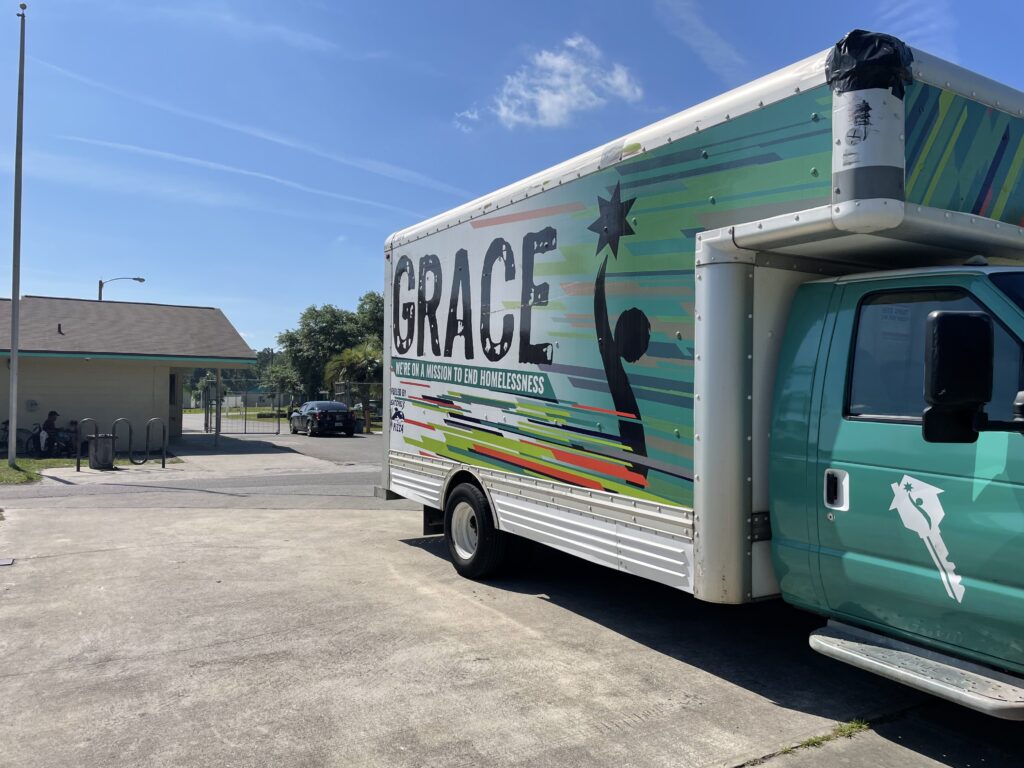
United Way refocus
Miller said United Way wants to start helping families and individuals at risk of becoming homeless, with enough income to keep above the federal poverty level but too little income to make ends meet.
“We’re seeing households at risk of homelessness needing more and more assistance,” Miller said. “And we saw this as a way for us to move in quicker to hopefully prevent people from falling into homelessness.”
This population—known as Asset Limited, Income Constrained, Employed (ALICE)—lacks access to assistance programs because they sit just about the federal limit.
“We’re basically telling people you’re not poor enough to get help yet,” Miller said. “So, we force you to become poorer and poorer, and then okay, now you can get help. That’s just not working.”
Miller said United Way began looking through the data for gaps during the COVID-19 pandemic. Miller had recently joined United Way as interim in August 2020.
The ALICE data for March 2023 showed that 52% of United Way’s territory footprint—covering Alachua, Bradford, Dixie Gilchrist, Levy and Union counties—is within the ALICE threshold.
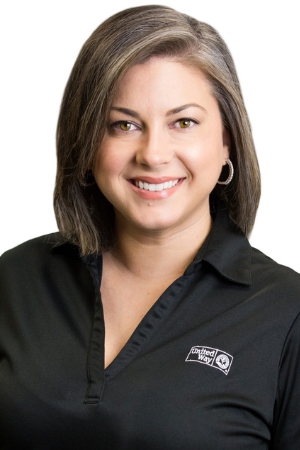
United Way decided to pivot and focus its energy on this group. Miller said that meant letting its contract as the CoC lead agency lapse.
United Way has 11 full-time employees, and three of them focus only on CoC work. The other employees also assist with the CoC work along with United Way’s other programs.
“It was never our intention to cause any issues, but when you are shifting a focus like this, there’s going to be repercussions,” Miller said.
Impacts without a CoC
Jones said Family Promise will be forced to help less people if a new lead agency isn’t identified—limiting access to HUD funds. She noted that nearly all homelessness providers will be impacted.
Jones said the nonprofits have last resorts for applying to HUD, but the alternatives are all inferior to having a lead agency coordinate the CoC application.
Peaceful Paths received nearly $200,000 from both the federal and state funds through the CoC. Executive Director Theresa Beachy said the financing is critical.
Peaceful Paths has also warned that another pot of federal funding, aimed at survivors of violence, might diminish.
Beachy said she wished everyone involved would have sat down in the fall or winter to talk through the issue. Nonprofits explaining the work of a CoC, and potential lead agencies asking questions and learning the process. She said it’s a discussion that needs to happen face-to-face.
“I think had that happened we would be in a much better position right now in terms of having been able to find someone, and now we’re just kind of scrambling,” Beachy said.
Beachy said she thinks other agencies might be cautious to approach the lead agency role. This comes after United Way fired Patrick Dodds last year, along with difficulty handling the large cash flow, she said.
Dodds oversaw United Way’s work as lead agency.
Miller said Dodds’ termination from United Way had nothing to do with the nonprofit’s decision—though she sees why some might make the connection. She said the organization had been analyzing the data and working to revamp its strategic vision since she began in 2020.
As the CoC searches for a new lead agency, the nonprofits involved are starting to seek community support. A joint letter by Family Promise, Peaceful Paths and GRACE Marketplace outlines the risks without a CoC and asks for help.
“Maintaining the COC and ensuring access to funding is not just about addressing immediate needs,” the letter said. “It is an investment in the long-term well-being and stability of our community. Having a stable place to live is critical for good health, employment opportunities, education, and overall quality of life.”
Local governments, like Alachua County, can also fill the lead agency role. But Miller said she’s heard the county isn’t interested in the role. She said the matter sits with the CoC council now.

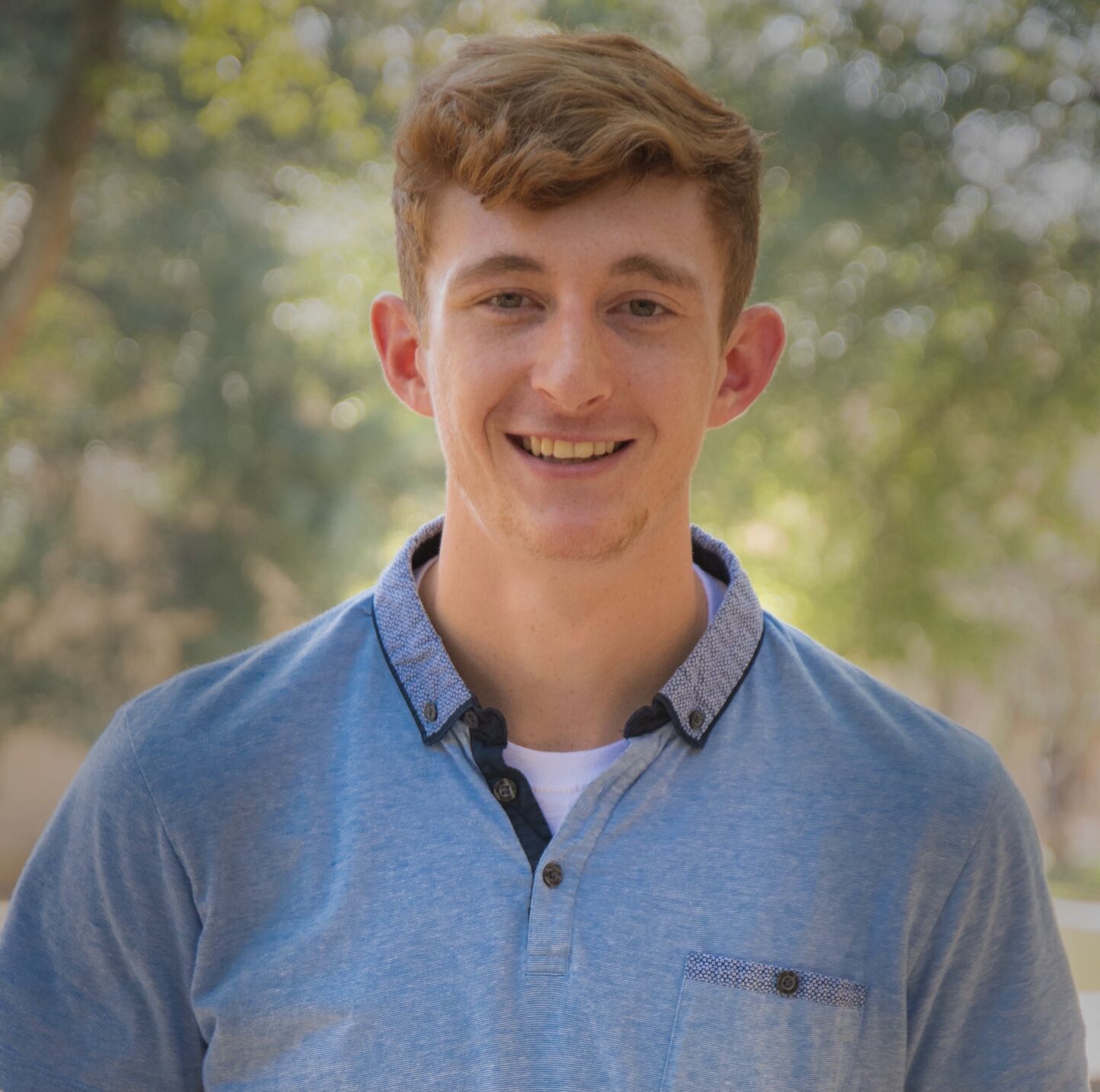
College towns are not a good place to encourage the homeless to come stay at. They’re competing with high cost student housing rents, AND for jobs students seek as well.
Our addiction agencies have a big demand too, for similar reasons.
NGOs should encourage homeless and addicts to relocate to Ocala or any nearby non-college town, for a better chance. Maybe where they have other friends and relatives would be best.
That’s quite interesting that someone is actually thinking about prevention instead of treatment.
Someone tell the Republicans in Congress to care for the American people and our homeless. Mike Johnson has killed the Affordable Connectivity Program. Without it, the poor do not have Internet access. Without Internet access, the poor cannot find jobs.